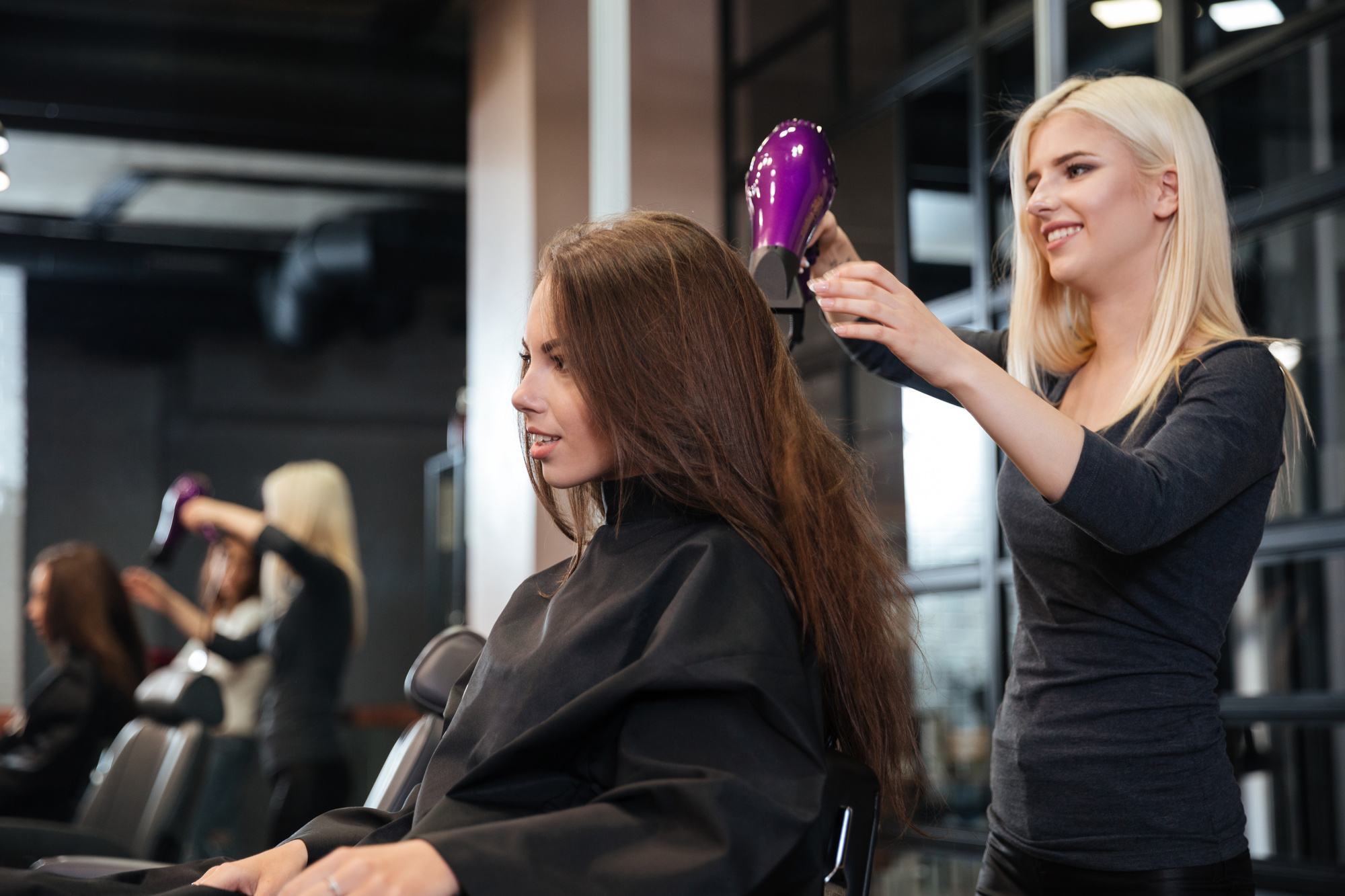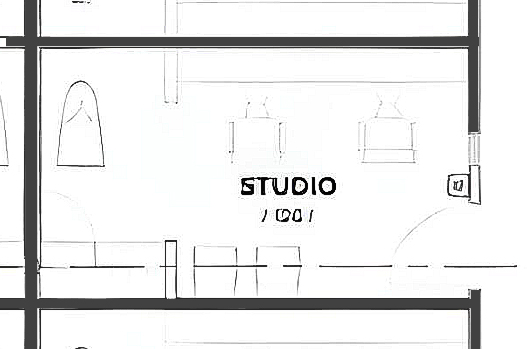Stylish Barbershop: Quality Cuts and Grooming Solutions
Wiki Article
Strategic Choices: Weighing the Benefit of Leasing Versus Owning a Beauty Parlor Area to Enhance Long-Term Success and Financial Practicality
When it comes to developing a beauty parlor company, one of the important choices that owners have to meticulously consider is whether to lease or have the room in which they run. The option in between renting out and owning a salon area can have a considerable influence on the lasting success and economic wellness of the organization.
Pros and Disadvantages of Leasing
When taking into consideration the choice between leasing a salon space or having one, it is important to consider the pros and disadvantages of renting to make an educated selection. One primary advantage of renting a beauty salon space is the adaptability it provides. Renting enables salon owners to check various locations or upscale their business without the dedication of a long-term home mortgage. Additionally, renting commonly includes less upfront costs, making it an extra easily accessible option for new beauty salon proprietors or those with budget restrictions.
Financial Elements to Think About

Considering the monetary implications of leasing a beauty parlor area versus possessing one is crucial for making an educated service decision. When reviewing the monetary variables, it is essential to assess the initial costs linked with each choice. Renting out a salon space normally requires a security deposit and monthly rental fee settlements, whereas possessing involves a deposit, home mortgage payments, residential or commercial property tax obligations, and upkeep expenses.
In addition, the long-lasting monetary ramifications vary in between renting and possessing. On the various other hand, possessing a hair salon room offers prospective equity development and the possibility to construct assets.
Renting may use lower in advance prices, enabling you to designate even more sources to marketing and service development. Assessing these financial aspects comprehensively will aid you make a calculated decision that enhances your hair salon's long-term success and economic practicality.
Operational Adaptability and Control
Ideal functional efficiency plays an essential function in figuring out the balance between flexibility and control when determining between renting and owning a beauty salon room. Renting a salon Read Full Report room provides intrinsic versatility as it enables for less complicated adjustments to changing market conditions, client preferences, or business requirements.On the other hand, possessing a salon area gives a higher sense of control over the building and its operations. Proprietors have the liberty to personalize the room to their liking, implement long-term methods without the risk of lease terminations, and potentially develop equity gradually. Nevertheless, possession likewise includes responsibilities such as property maintenance, insurance coverage, and building taxes, which can influence the total monetary commitment.
Inevitably, the decision between renting and possessing must think about the wanted level of operational adaptability and control that lines up with the hair salon's lasting goals and vision.
Financial Investment Prospective in Possession
Given the operational considerations talked about earlier, discovering the investment potential in salon possession loses light on the economic effects and long-term benefits that come with owning a beauty parlor area. By spending in a beauty salon area, owners have the prospective to benefit from building admiration, which can serve as a valuable possession in the lengthy run.
Moreover, possession enables better control over the room, allowing owners to customize and tailor the beauty salon to their certain brand name and vision without the constraints often imposed by proprietors. This level of control can boost the overall customer experience and brand identity, potentially leading to boosted customer retention and business development.
In terms of financial investment possibility, owning a beauty parlor space can also open up possibilities for extra earnings streams, such website link as leasing unused space to other beauty professionals or including retail sales within the beauty parlor. Salon studios. These varied revenue sources can contribute to the general economic health and sustainability of the organization
Long-Term Security and Development
With a concentrate on sustainability and expansion gradually, developing long-term stability and promoting development are essential facets of beauty review parlor ownership. To make certain long-lasting stability, hair salon owners have to carefully think about elements such as area, market fads, and economic planning. Choosing in between leasing and having a salon area plays a substantial duty in establishing business's growth possibility.Leasing a beauty parlor area offers versatility and reduced initial prices, permitting owners to allocate resources in the direction of enhancing solutions and advertising initiatives. By possessing the space, salon proprietors have even more control over customizing the home to suit their brand and can profit from lasting possession growth.
Eventually, the choice in between renting and owning a beauty salon area must straighten with the owner's long-lasting business goals and financial goals. Whether focusing on versatility or equity building, a strategic approach to residential property ownership can substantially impact the salon's stability and development trajectory.
Verdict
To conclude, the choice between renting out and possessing a beauty salon space requires a mindful evaluation of financial elements, functional flexibility, financial investment potential, and lasting security. Both choices feature their very own set of advantages and downsides, and it is vital for salon proprietors to evaluate these factors to enhance long-term success and monetary feasibility. Barbershop. Eventually, the selection in between leasing and having ought to be based upon an extensive analysis of specific business goals and scenariosReport this wiki page